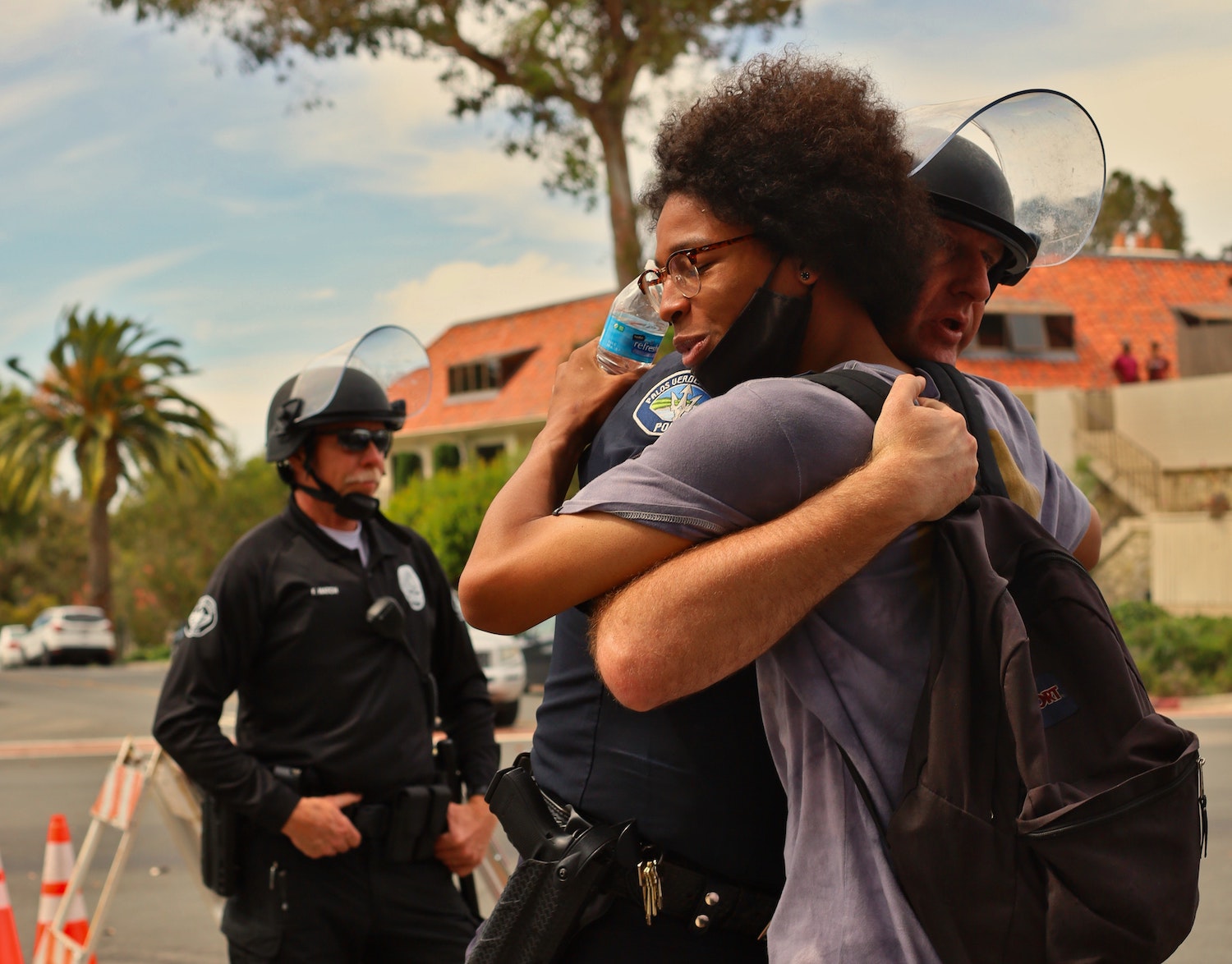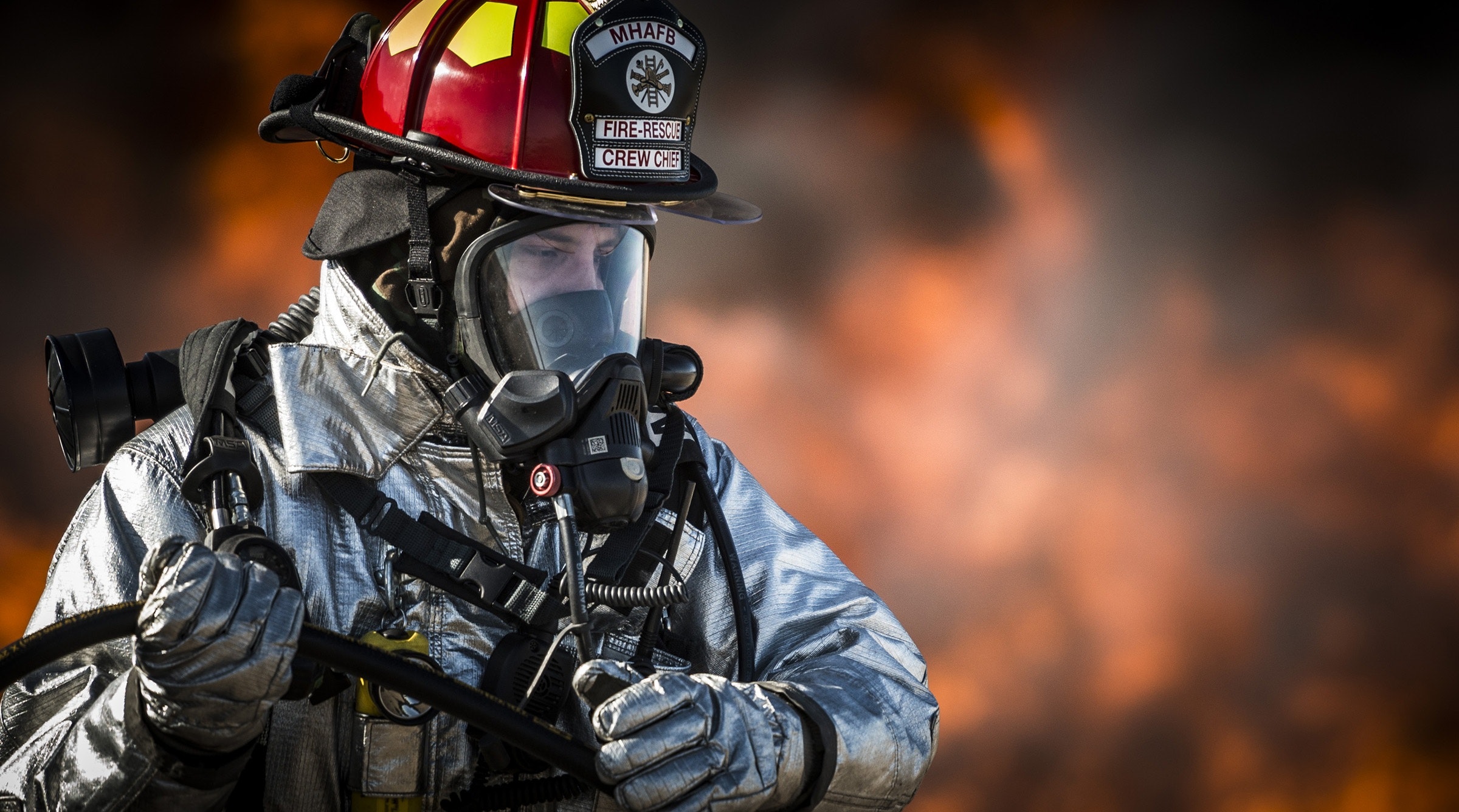First Responders
Supporting Our First Responders Through Car Donations
 They live a life of service and sacrifice, and for that- they deserve our support. Our firefighters, police, and EMTs are committed to keeping our communities safe. Aside from providing protection, first responders are often the first people that survivors and victims speak to in emergency situations. Because of this, first responders are often reliable for offering emotional and physical support.
They live a life of service and sacrifice, and for that- they deserve our support. Our firefighters, police, and EMTs are committed to keeping our communities safe. Aside from providing protection, first responders are often the first people that survivors and victims speak to in emergency situations. Because of this, first responders are often reliable for offering emotional and physical support.
Car Donations- An Alternative Way to Give to First Responders
According to the U.S Department of Transportation, there are 242,060,545 private, commercial, and publicly owned motorized vehicles in the United States.
Some of these cars are drivable while others are not. Some of these cars are parked in a back lot or stuck sitting in your driveway. And some require way more work than their actually worth. In any of these cases, we can clear your driveway and turn a non-running car into a donation for veterans!
Are you looking to do something with that car you’re no longer using? Congratulations! You’ve come to the right place. Donating your car is a simple process that can significantly benefit the charity of your choice. On top of donating to your favorite cause, Cars2Charities also provides free towing to donors, and maximizes the value of your car donation- which benefits both our donors and our charities.
In most cases, we accept donations of all types of vehicles, whether they are running or not. We process all makes and models of: cars, trucks, motorcycles, vans, RVs, boats, golf carts, and more!
How to Donate a Car to First Responders
With more than 30 years of experience, Cars2Charities has the expertise in making vehicle donations to First Responders easier than ever. Cars2Charities is designed to provide donors with a simple, fast, and secure way to donate their vehicles to First Responders.
Step 1: Preparing for the Process
You’ll start the process of donating your car to First Responders by collecting the vehicle’s cleared Certificate of Title and Registration.
If you have misplaced your title or registration, don’t worry! We can help. Please find your vehicle’s identification number (VIN) and together we can determine which supplementary paperwork you will need to complete at the time of pick up.
Step 2: Scheduling Your Pickup
Give us a call at (855) 520-2100, or complete an online donation request. Our friendly donation coordinators will gather your vehicles information, and together, we will decide the most convenient time, date, and location for the pickup. Then we will send you an email that gives you step by step instructions to prepare you for the pick-up.
Before arriving, our tow truck driver will call you one hour before to give you time to collect paperwork and prepare the vehicle for towing. At the time of the pick-up, make sure your title is signed and clear of any lien holdings. You will hand over the title and registration to the tow truck driver.
Step 3: Maximizing the Donation
We take the reins at this point to maximize the donation for both our donors and charities. We do this by assessing the vehicle and adding value to increase the selling price of the car.
It’s a situation many people dream about – a successful way to support a cause you care about without the work involved.
Benefits of Donating Through Cars2Charities
By donating, you can share your passion for supporting First Responders and draw attention to what you consider important. In return not only do you receive a tax deduction, but the feeling of know that you are helping this cause.
Tax Deduction
Car donations to First Responders charities are considered by the Internal Revenue Service and the State to be COMPLETELY TAX DEDUCTIBLE.
This means that the price your car is sold for will be tax deductible. Both you and the charity will receive IRS Form 1098-C within 30-50 days of the sale of your vehicle, making the transaction transparent to all parties. Plus, we do all the work. There’s no standing in lines at the DMV or dealing with the paperwork to transfer the title.
Need some more info? The IRS guidelines for tax deductions is a great resource. You can also learn more about our vehicle donation program by watching our videos, which focus on frequently asked questions that we’ve grouped by topic.
